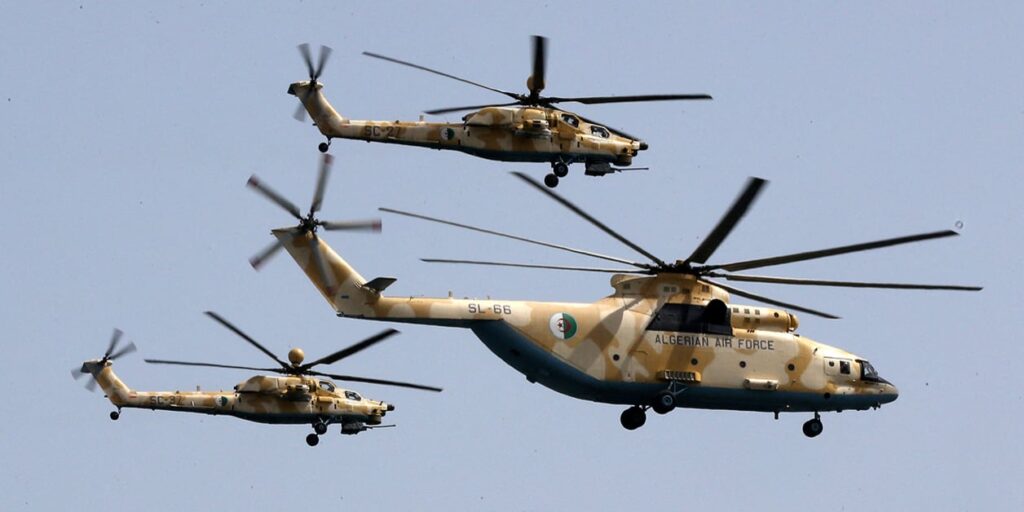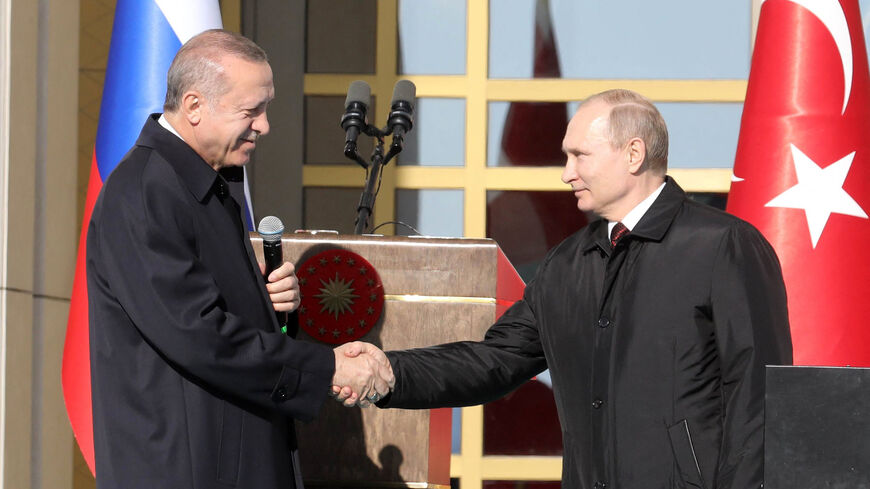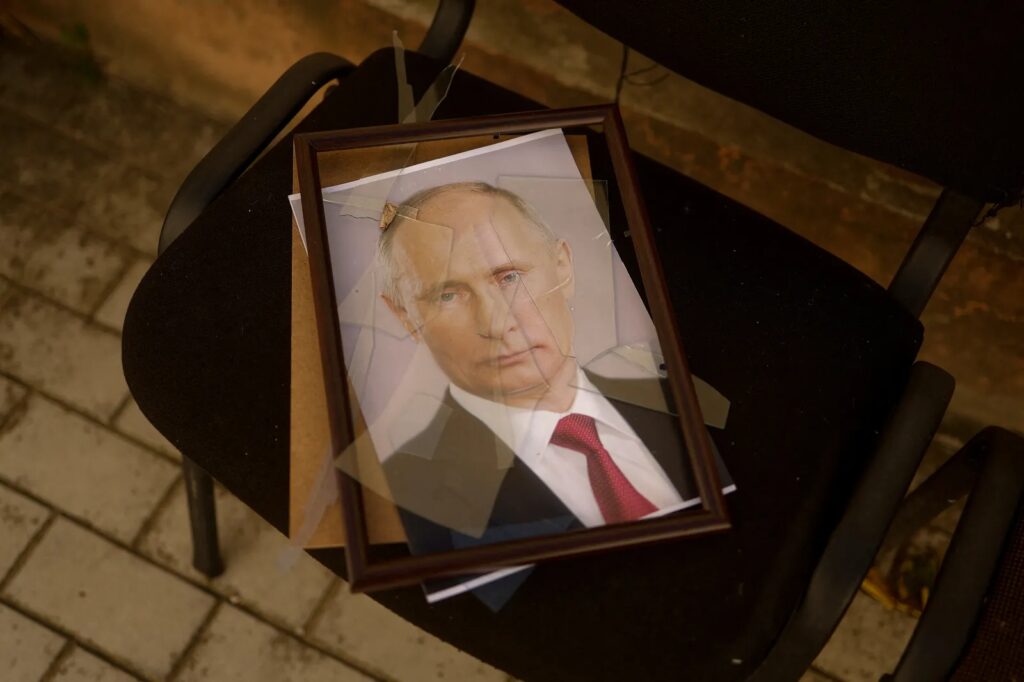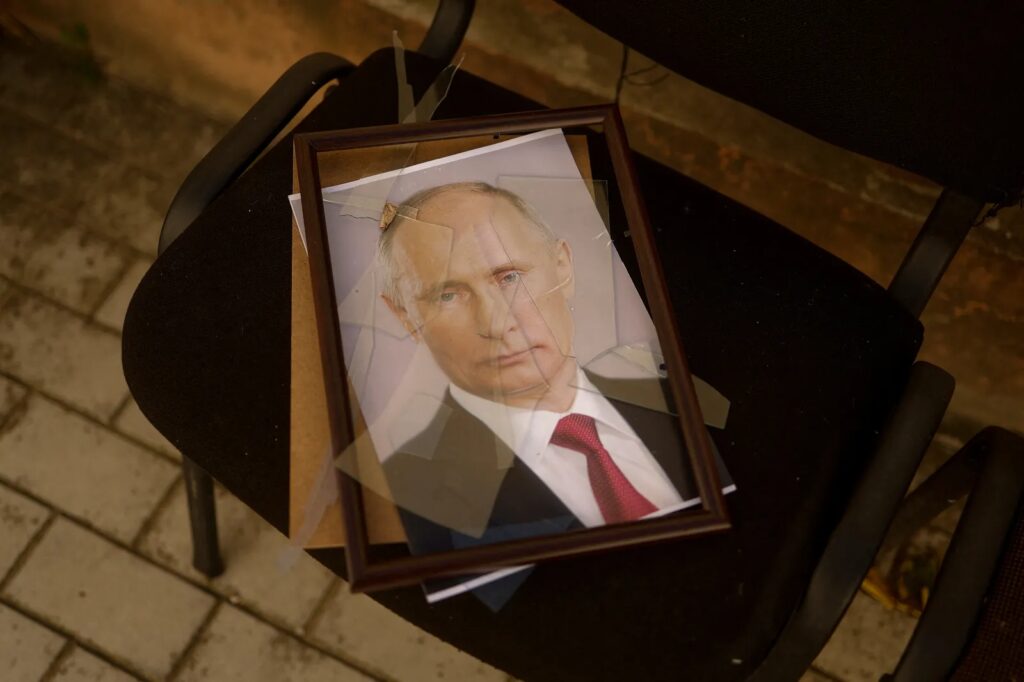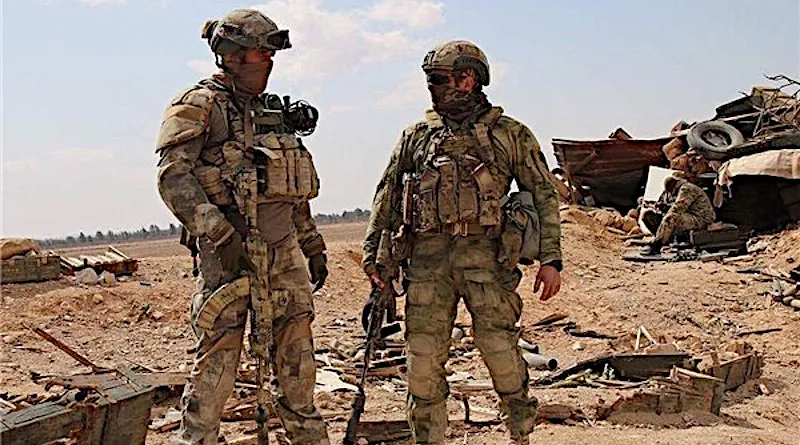Eight Reasons Why Now is a Good Time for a Ukraine Ceasefire and Peace Talks

As the war in Ukraine has dragged on for nine months and a cold winter is setting in, people all over the world are calling for a Christmas truce, harkening back to the inspirational Christmas Truce of 1914. In the midst of World War I, warring soldiers put down their guns and celebrated the holiday together in the no-man’s land between their trenches.This spontaneous reconciliation and fraternization has been, over the years, a symbol of hope and courage.

